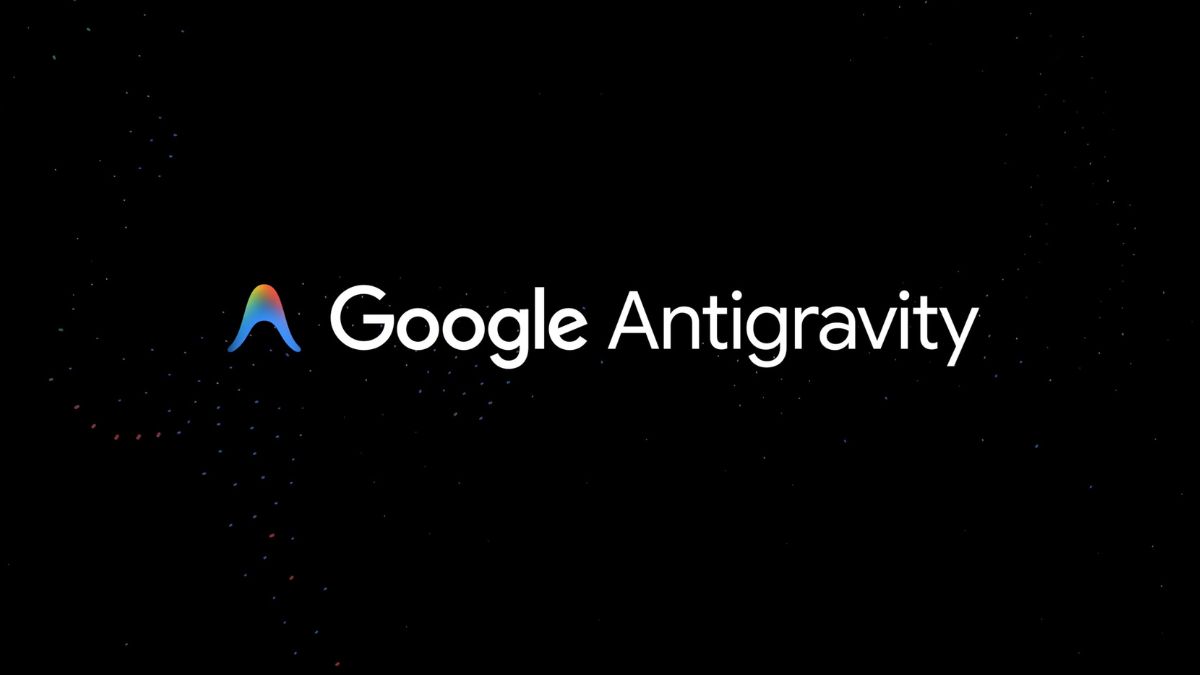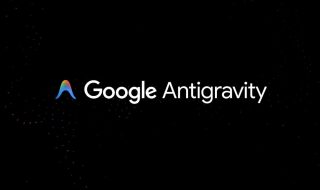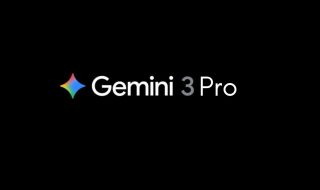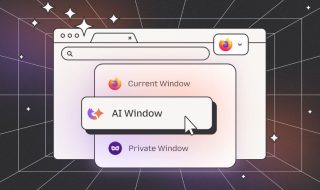Google has introduced Antigravity, a new agentic development platform built around Gemini 3 Pro. This is not just another coding tool. Antigravity is designed to change how developers work by letting multiple AI agents handle complex tasks across the editor, terminal, and browser, while you guide the overall plan.
In simple terms, Antigravity turns your IDE into a workspace where several intelligent agents can work in parallel, just like extra members of your team.
Antigravity is built to make development faster and more organised. Instead of writing every line of code or switching between multiple tools, you describe the task, and the agents take over. They can:
- Write and edit code in the editor
- Run commands in the terminal
- Search and browse information
- Fix bugs
- Build UI
- Generate reports
- Work across entire projects, not just single files
You remain in control, but the heavy lifting is done by AI.
One big promise of Antigravity is handling full development cycles. The agents can plan multi-step tasks and execute them without losing context. They explain their work using detailed “artifacts” so you always know what is happening in the background.
In demos, multiple agents worked together to build a digital whiteboard app from scratch, writing code, creating UI, and running tests, all at the same time. It feels more like directing a team than working alone.
Antigravity uses the reasoning and coding strength of Gemini 3 Pro. The model understands long instructions, works across large codebases, and solves tricky problems that earlier models struggled with. It uses its long context to stay aware of the whole project while making changes.
Google has released Antigravity as a free public preview for macOS, Windows, and Linux. Anyone can download it and try it out. Since it is built around Gemini 3 Pro, it benefits directly from the model’s agentic abilities, multimodal understanding, and coding improvements.












